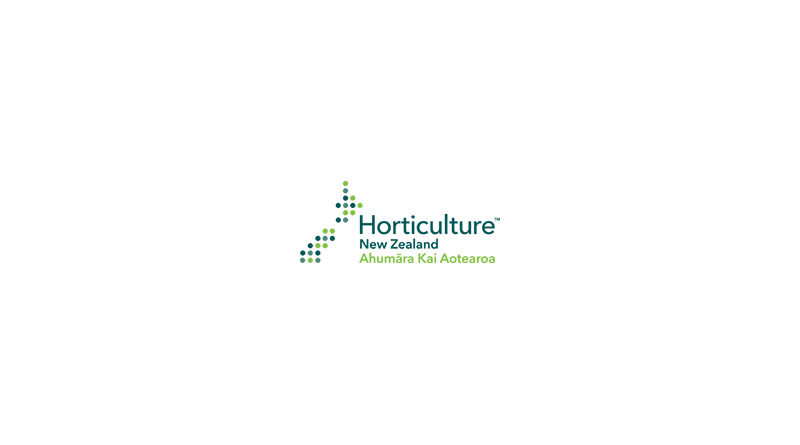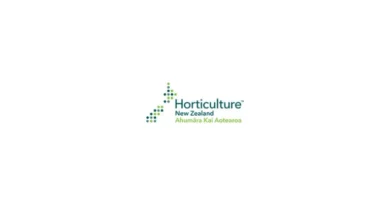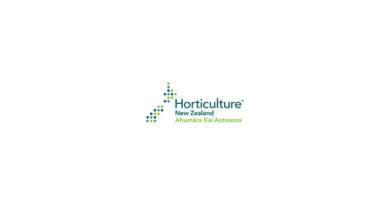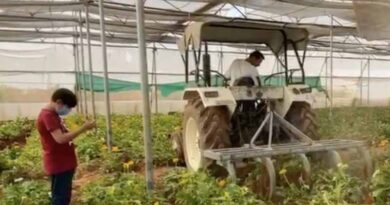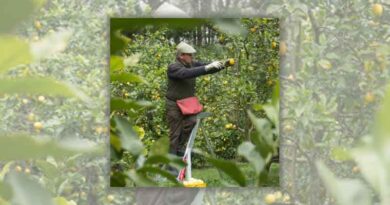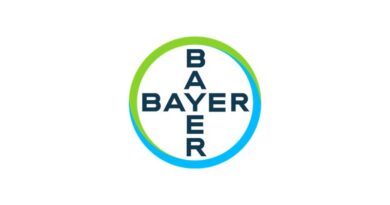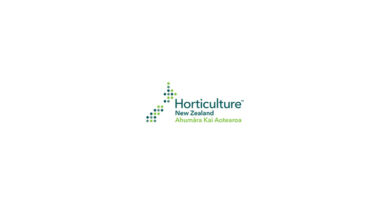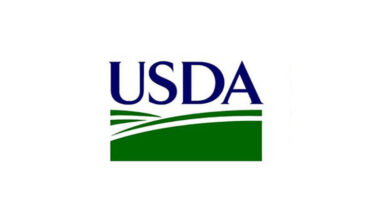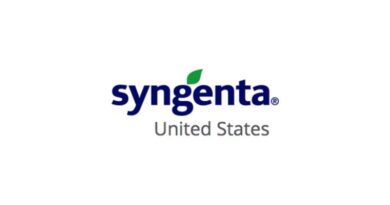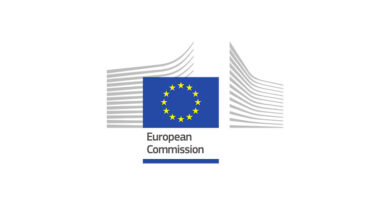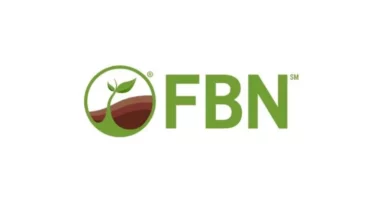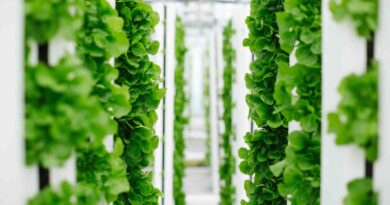Lockdown mission for tomato grower
01 November 2021, NZ: As the wider Auckland region endures more than two months in lockdown, a major tomato grower has embarked on a bold mission to vaccinate 100% of its staff.
NZ Hothouse produces about a quarter of the country’s tomatoes across its two glasshouses on the fringe of South Auckland. They also produce a large number of telegraph cucumbers.
NZ Hothouse managing director, Simon Watson, says more than eight weeks in lockdown is taking its toll on staff.
“There’s quite a bit of Covid fatigue starting to set in now,” Simon says. “Not only are they working full-time and pretty long hours under ‘Covid conditions’, they are also going home and they cannot go anywhere or do anything. It’s one long grind. We have to be mindful of our people.
“At the end of the day, we are still going. The thing that makes us nervous is what happens if a community case winds up touching us.
If we had a case in our packhouse for example, then that’s 50-odd people who would not be able to work for some time.
“We would have to go through a deep clean and then we’ve got to restock with other workers. It would potentially put a big strain on the business.
Simon says, if bubbles are maintained and the business keeps to strict Covid-protocols, ideally, the unaffected parts of the business would stay operational should a case occur.
At this time of year, NZ Hothouse employs nearly 300 staff across its two major sites in the rural towns of Drury and Bombay.
“There has been a very aggressive campaign to get more people vaccinated here in Auckland, and pretty successfully too,” says Simon. “We are getting pretty close to that 100% vaccination mark across the NZ Hothouse Group.”
NZ Hothouse is actively encouraging its staff to get vaccinated against Covid-19, with the business aiming to get all of its staff vaccinated. They hosted a vaccination bus twice in October in a bid to immunise their whole workforce.
The bus spent two hours at each of NZ Hothouse’s sites, with more than 50 staff vaccinated on its first visit. By mid-October, 96% of staff had received their first vaccinations and 65% were fully vaccinated.
“The vaccine bus people are fantastic. It’s a very well-oiled system, they rock in here and a bunch of them pile off the bus and start rattling through the vaccination process.
What surprised us was that by fronting with the bus, it got some of the hesitant [people] over the line for a couple of reasons. One being that it made it easy for them because it was on work time. They were being paid to do it and it was right there.
“They also saw a lot of their workmates lining up and thought ‘oh this is easy; I can do this’. It made the whole process a lot smoother and gave the more hesitant staff members the confidence to roll up their sleeve. I’d highly recommend it.”
Despite the two months under heavy Covid-19 restrictions, NZ Hothouse has been able to retain normal staffing levels for this time of year.
“This lockdown has happened at the tail end of winter and early spring when our volumes aren’t as high,” says Simon. “But because we’ve been able to keep operating, we have picked up some workers from other employers who aren’t able to work until Level 1. We’ve had no trouble getting staff at this time or through the lockdown.
“We are expecting to be under a bit of pressure for staff during our high season though, which begins November and ends around March.”
While this latest lockdown sprang from the ethers, Simon says NZ Hothouse was well prepared. He did hold some concern for staff travelling to work from outside the Auckland alert level boundary but receiving essential worker exemptions for these staff members was a smooth process.
“The transition from Level 1 to Level 4 wasn’t the shock that it was the first time,” he says. “It wasn’t a lot different from how we were operating before. We knew what was happening, what was coming and what was expected – as did the staff.
“You’re having to put up with split shifts, we’ve got extra cleaning crews, we’re operating in bubbles. We are not actively visiting some parts of our business because we’re trying to maintain bubbles. It’s all pretty taxing.”
Simon says the government should recognise businesses that have high levels of vaccinated staff by removing restrictions placed on them.
“We should become the norm. The restrictions should come off those businesses who have high, or full rates of vaccination, and the restrictions should be placed on unvaccinated people instead.
“Our attitude is a fairly hard-line one, but it’s ridiculous that the bulk of the population is treated as the exception. If you’re unvaccinated, you should be the exception. That’s what should happen going forward.”

